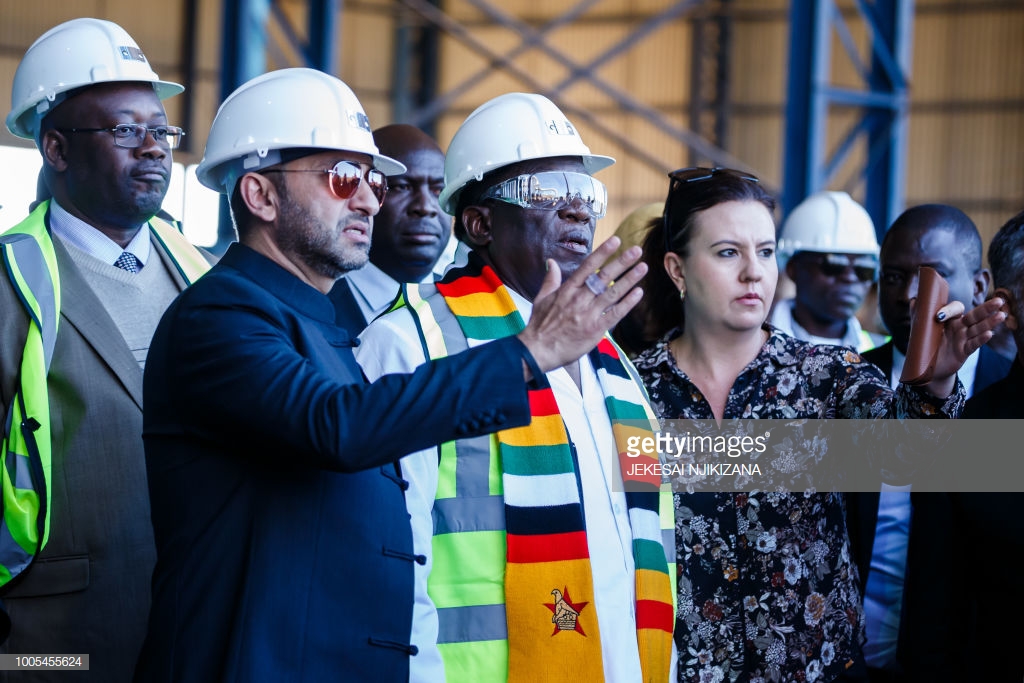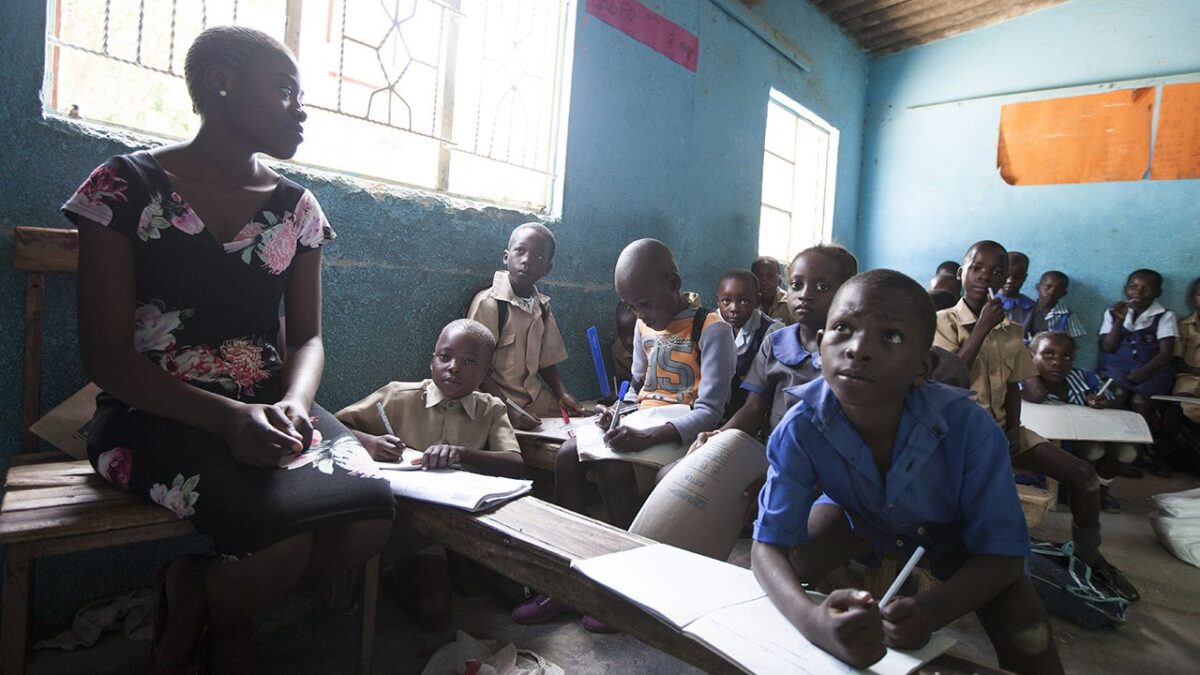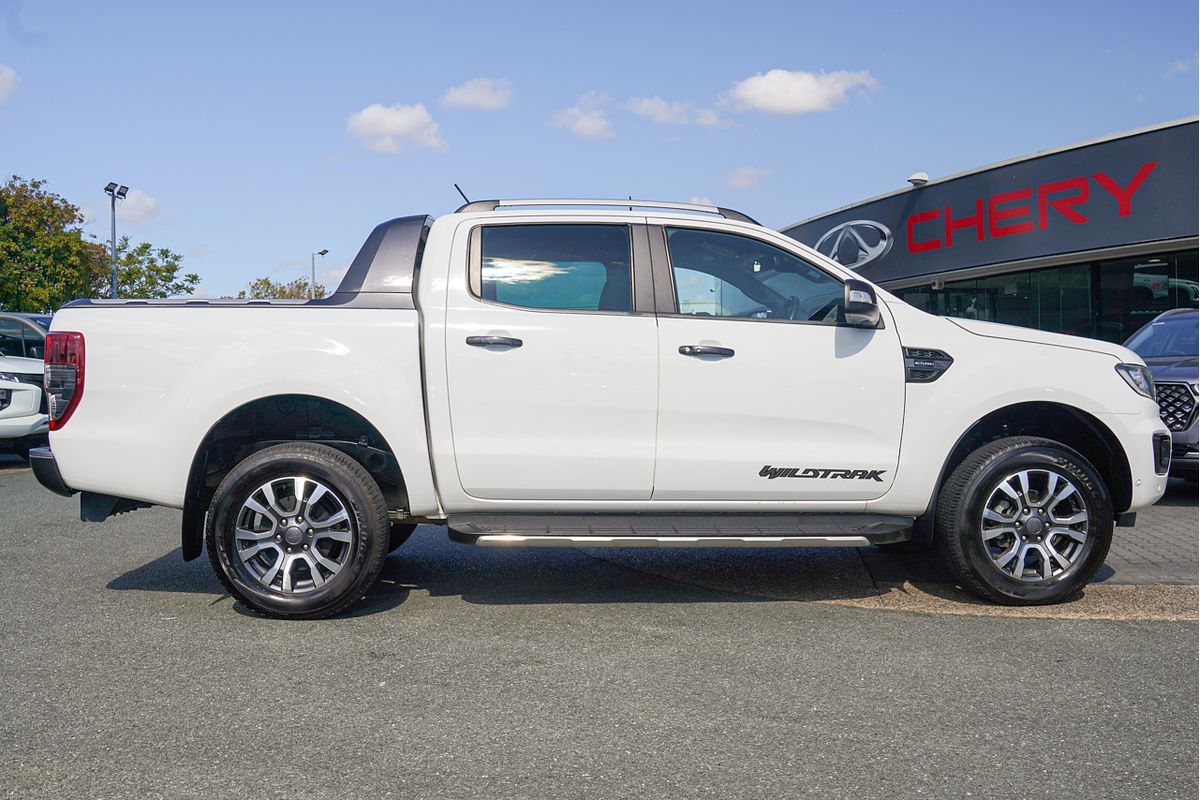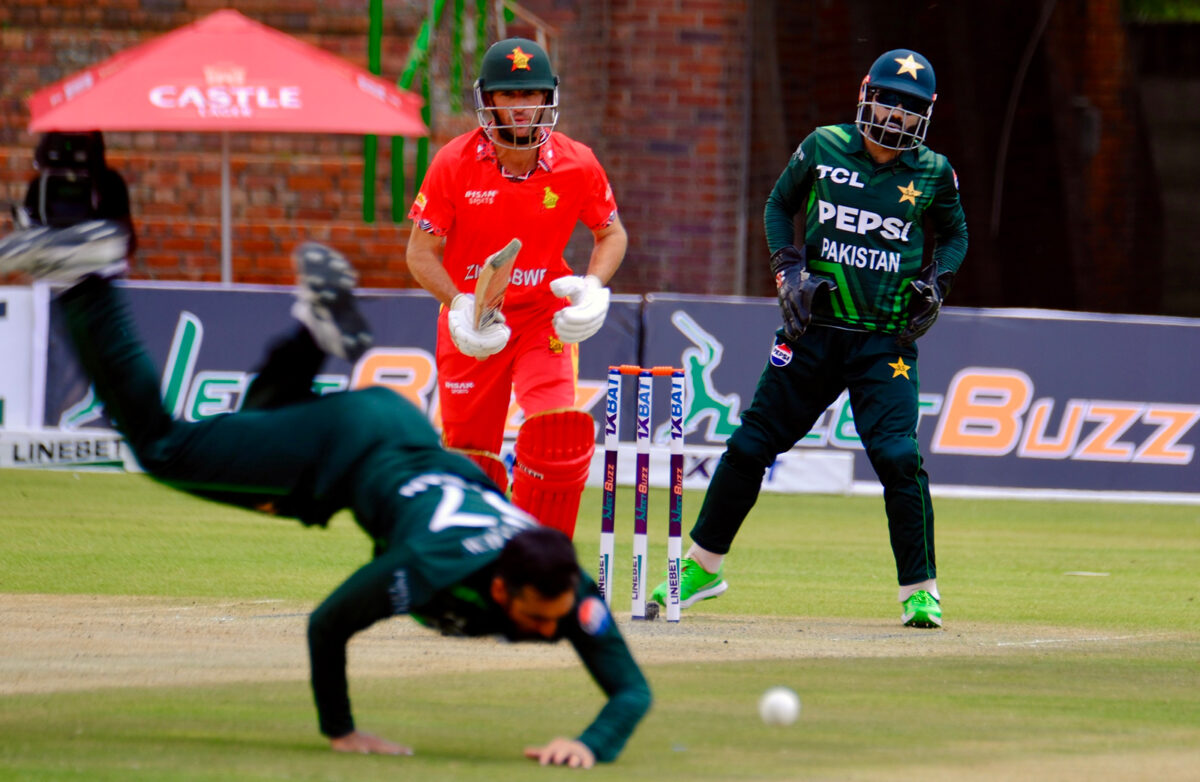JOHANNESBURG – Zunaid Moti is frustrated at being called controversial. The 44-year-old, who comes from Mokopane, where his father owned a large general dealership, says: “Forever and a day, as far as South Africa is concerned, whenever I open a newspaper, I am controversial,” he says. “Good stories don’t sell; they sensationalise nonsense … They deal with me as if I’m listed and owe someone in the street money. I mean, hell,” he says, exasperated.
Unfortunately for Moti, it will be a while before he shakes off the label, if ever. His backstory reads too much like a thriller, replete with drama and intrigue.
Moti, who went to school at St Alban’s College in Pretoria, first appeared in the public eye as the bright young thing behind Future Fin, which provided finance for the purchase of luxury vehicles, yachts and private jets. Next, as chair of the Abalengani Group, he became known in the property game and was involved in the development of luxury golf estate Nondela.
But in 2009, hit by the global recession, Abalengani found itself unable to service R1.5bn in debt to Investec. The debt was restructured. However, the MKB Group, another property company and Investec client, claimed the bank had driven it into liquidation to protect Moti, who also owed MKB huge sums of money.
In 2012, Moti appeared in court in connection with armed robbery and conspiracy to commit murder of a North West businessman. The matter was thrown out, but not before Moti had made an enemy of forensic investigator Paul O’Sullivan.
It was all quiet until last year, when Moti popped up in the press again, this time for appearing on Interpol’s red-notice list in relation to soured relations with a Russian businessman in Lebanon. Tied to this was the alleged theft of a rare pink diamond.
Despite the past troubles, today the Moti Group, a diversified company, continues to grow its footprint with divisions including car financing, aviation, property development, security services, transport and logistics, and mining. “We are tenacious guys,” Moti says. “We’re in business and we are doing pretty OK.”
That certainly appears to be the case, judging from the opulence of his Sandton offices, decked out with glass panels and mirrors, with accents of silver and plush velvet, and beautiful flower arrangements. Moti himself is dressed casually chic, the vest jacket he wears — with the Billionaire brand emblazoned across the shoulders in metallic lettering — costs at least R15,000.
Moti has now moved strongly into Zimbabwe, where he says the group employs 2,000 people and is one of the largest foreign investors. “We have invested $300m now, and are investing another $200m … over the next one and a half years.”
The group has a finger in many pies, from fertiliser and pharmaceuticals to fuel distribution and chrome mining.
Chrome has been a big earner for the group, he says. The group’s African Chrome Fields operation in Zimbabwe consists of seven plants and produces 400,000t of chrome a year, which is to increase to 800,000t by the end of 2018. “We look at ourselves more as a processing enterprise. All of our so-called mining operations are alluvial, they don’t require us to go into deep-scale mining.”
Moti says the company has an offtake and beneficiation agreement with commodities giant Glencore until 2030. The offtake agreement will extend to a new expansion of the business through an initiative called Zimbabwe Motivation Mining, which Moti says is expected to generate a significant amount of tonnage — “possibly, in 2020, it will allow us to become one of the top five producers in the world”.
The initiative targets small-scale subsistence miners in Zimbabwe and will give them access to education, working capital, equipment and transportation of the chrome. “If you deliver me a product, maybe $5 of your product goes towards your exposure to me,” he says.
In SA it looks less promising for his group. A Rustenburg plant has been down this year because of the cost of electricity. The economics didn’t work.
“I mean, how’s this government? They take all the product … they take it to China, they manufacture it and they compete with us manufacturing it in our country, at a better price. How are you meant to compete?”
The right thing for the government to do for entrepreneurs and black industrialists is to slap levies on exported raw materials, he says.
Moti’s first foray into mining in SA was through Kilken Platinum, a processing plant and joint venture with Anglo Platinum, which processes 600,000t a month, he says. The plant is held through Andulela Holdings, a JSE-listed company of which the Moti Group is the majority shareholder.
Also under Andulela was a roofing factory in Vereeniging that could not compete with Chinese imports, so he closed it down and reopened it in Zimbabwe. “They gave me a protection policy for 10 years,” he says. It meant that any rival company looking to import roofing into Zimbabwe had to pay a “duty”.
Zimbabwe’s president, Emmerson Mnangagwa, is trying to create opportunities for foreign investment to come in and has scrapped part of the indigenisation law passed under his predecessor, Robert Mugabe, Moti says. And having access to Mnangagwa is par for the course. “Most serious business people in Zim have access to the president.”
In SA, it’s decidedly different for Moti, who was in the news again in March, when President Cyril Ramaphosa landed in Botswana in Moti’s company private jet, hired through ExecuJet. Ramaphosa was reportedly displeased, as he had apparently not known it was rented from Moti. He ordered all chartered planes to be vetted first to avoid “further embarrassment”.
Moti can’t hide his annoyance. “You know, nobody said: ‘Hey, use my plane.’ I had to cancel one of my trips to accommodate him … out of respect. Then I open the pages to see that the president is very angry.”
Though apparently optimistic about Zimbabwe, the Moti Group is now looking to sell a stake of the business for $500m.
“We feel comfortable where we are at; other people also want to exploit Zimbabwe and they need the correct entry into Zim with people already established [there],” says Moti.
“There’s no point for big companies to come in and start what we already have for four years. So use this as a platform for companies to come into Zimbabwe.”
Of course, investors still worry about how much of Zimbabwe’s reform talk will result in action. Says Moti: “They are not on the ground. Our money’s on the ground, everybody else is just talking.”
He says there has been a great deal of interest and that the stake on offer may well be larger than $500m. “A lot of the companies that want to come into Zimbabwe don’t want to come in at 25%; possibly they would like to hold more than 50% of the company. We’re considering that.” Moti is adamant the group is not destined for SA’s stock exchange. “No, we don’t want to list, we do not want to be in this controversial space.”
Yet even without listing, Moti is in a controversial space. And having been listed on Interpol’s database, it turns out, is not good for business. The “know your customer” rule according to which businesses must verify the identity of their clients means Moti constantly has to produce documents to prove he has been removed from the Interpol list.
Moti, with his father and two business associates, was accused of defrauding a Russian business partner in a bogus mining deal in Lebanon in 2013. They countered that they had never been to Lebanon and that relations with the Russian soured after he stole intellectual property as well as a R500m pink diamond from them.
“I’ve never been to Lebanon, I don’t speak Arabic. [Yet] a charge was brought against me that I was there and did something wrong.”
Moti says a judgment was issued against him in absentia and he had to make representations to the Interpol office in Lyon, France, to be removed from the list.
O’Sullivan, now a friend and associate of Moti’s, assisted in the matter and says this was indeed the case. Moti also no longer appears on the Interpol searchable database.
Recently returned from London, Moti says he is now free to travel, but he won’t go to Lebanon. “I don’t want to go there,” he says tersely, as he selects a Turkish delight from a spread of sweets and treats laid out on his coffee table. “I really like shish kebab, but I can have it here somewhere in Fordsburg.”
Moti won over O’Sullivan years after the charges of conspiracy to commit murder were dropped. He says he opened his books to the investigator so that he might satisfy himself all was above board. O’Sullivan confirms that “every document I called for was put in front of me”. O’Sullivan will now assist the Moti Group to expand into Africa. So too will British peer Lord Peter Hain, a special adviser to the group. Hain famously pushed for a probe into UK bank accounts linked to the Gupta family, but has been called a hypocrite for working for Moti.
Moti denies that he is on a charm offensive. “Only your actions can change your image, no-one saying good or bad things can make you who you are.”
(This story was published before Moti was arrested in Germany on August 18 on an Interpol warrant, the same he claimed had been cancelled. He is awaiting extradition to Russia)
– Financial Mail
















